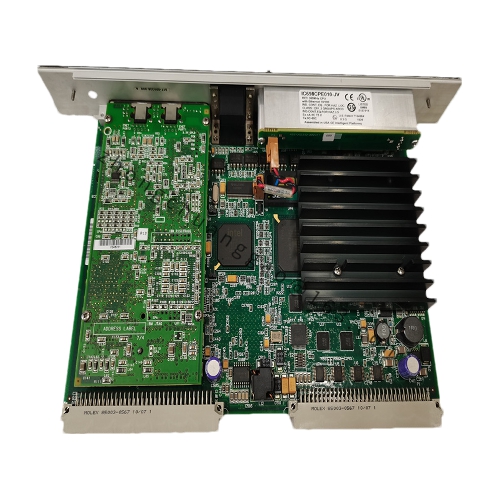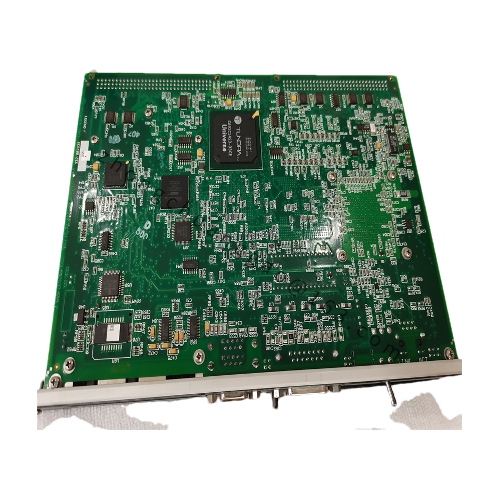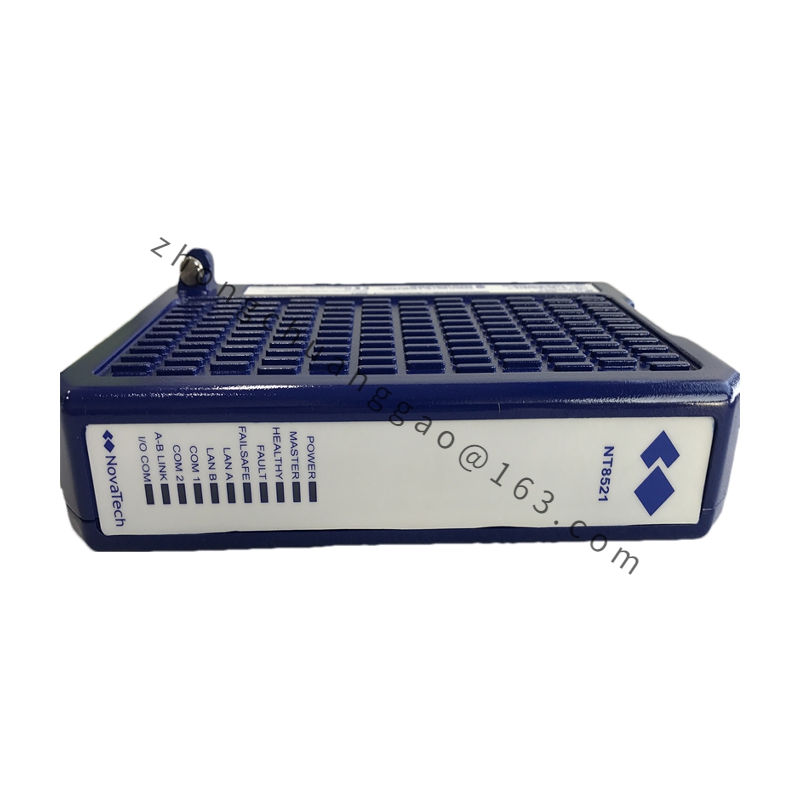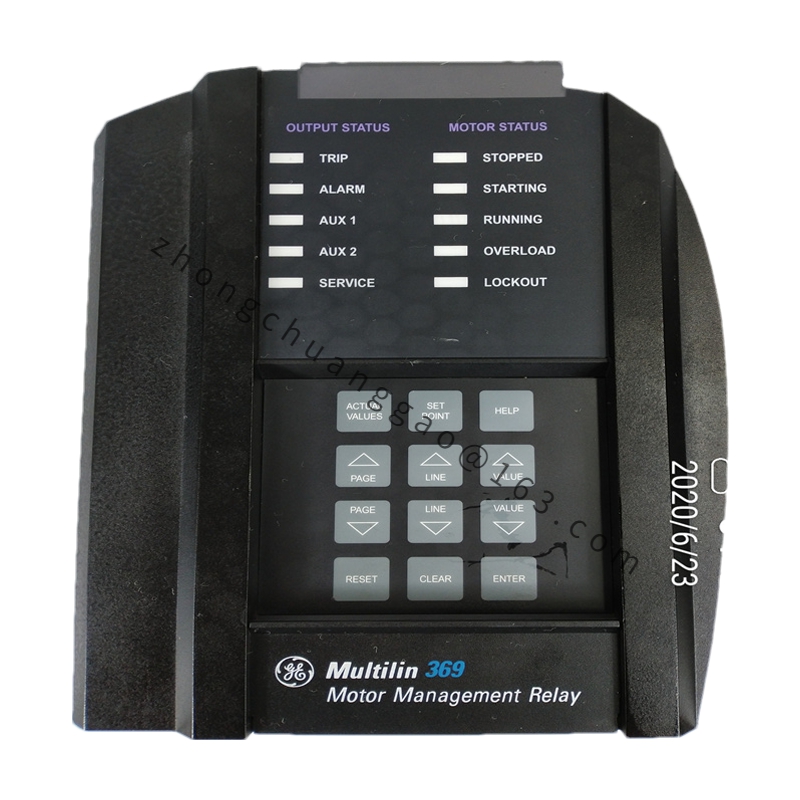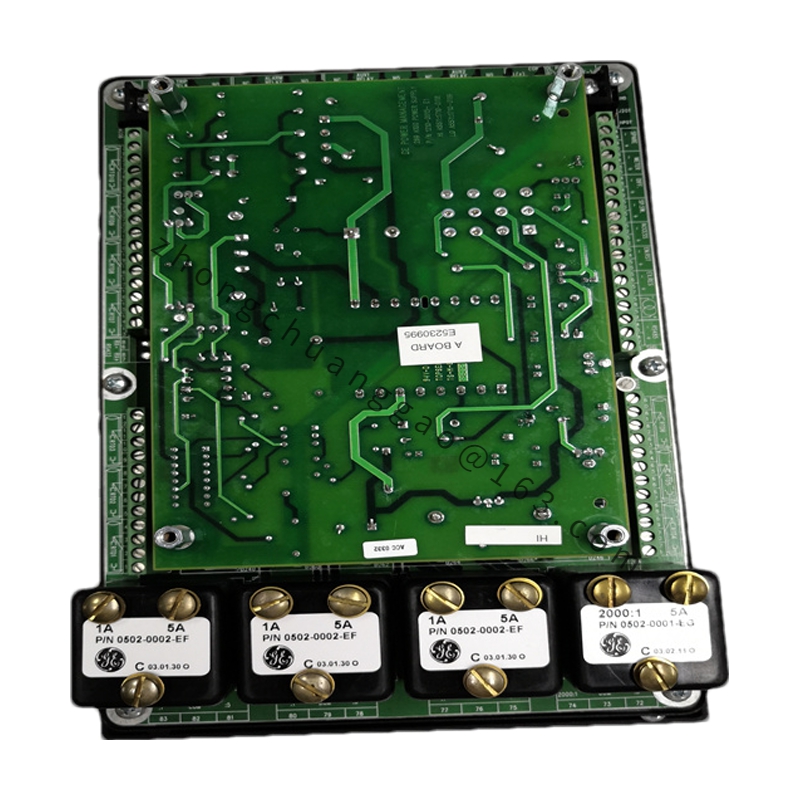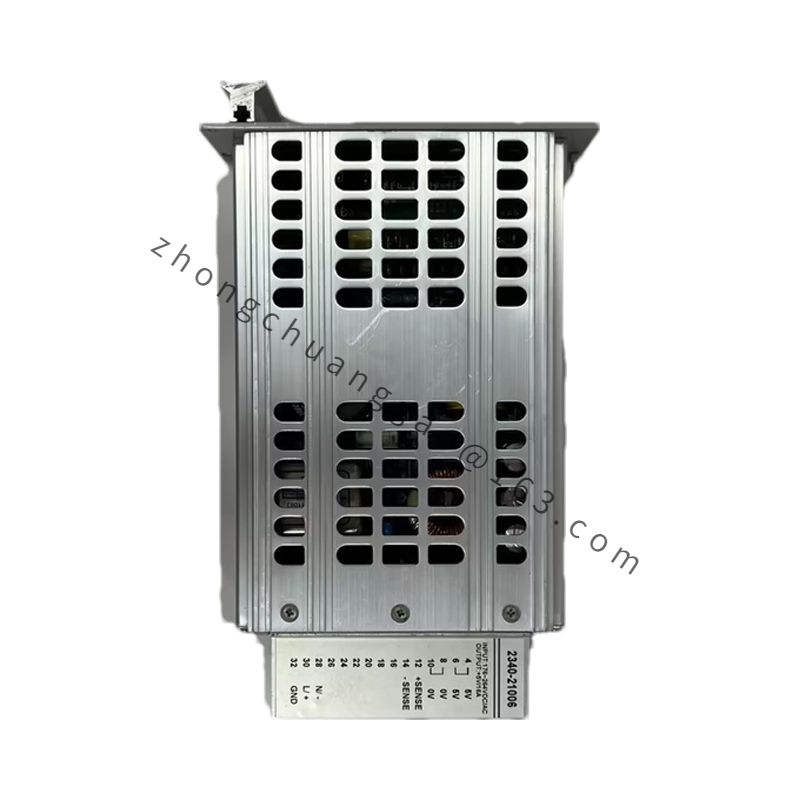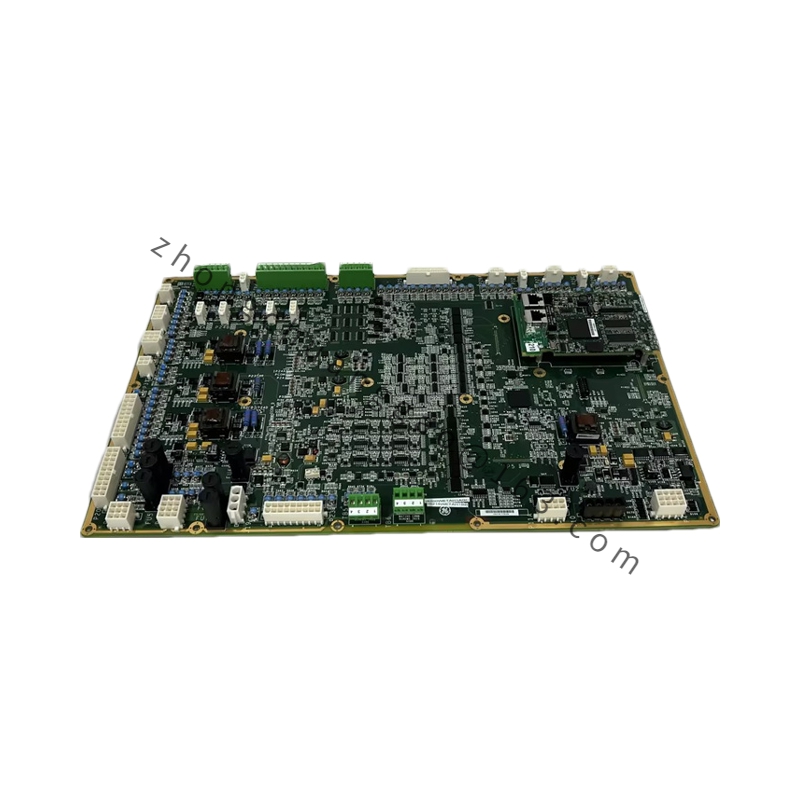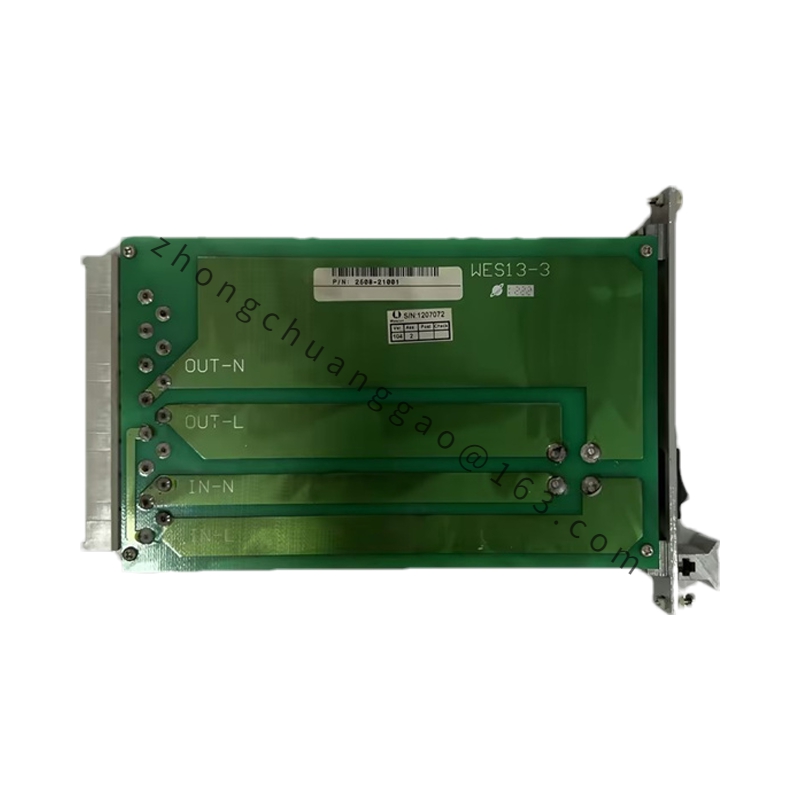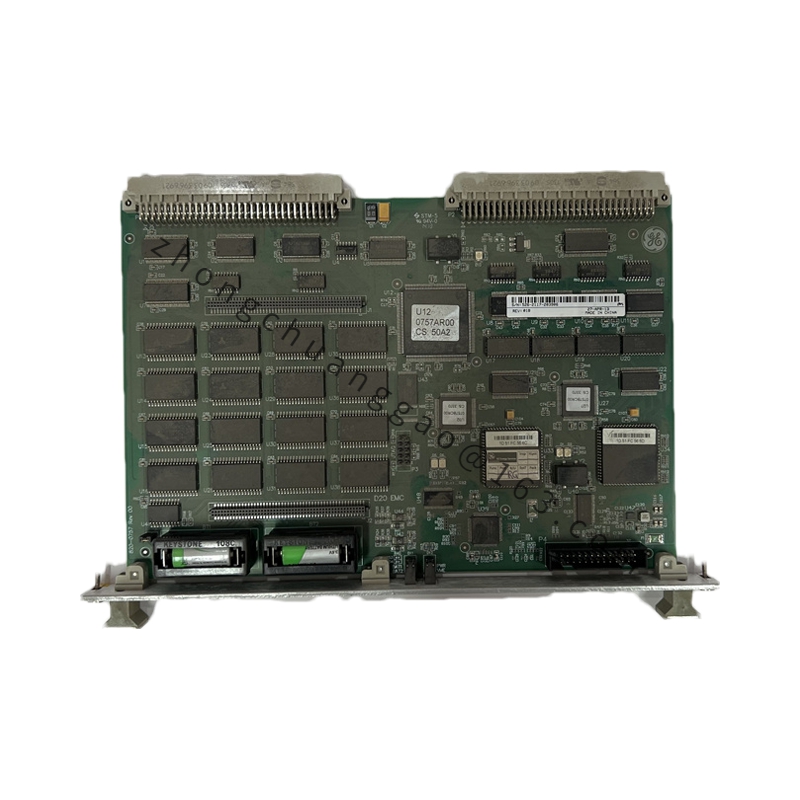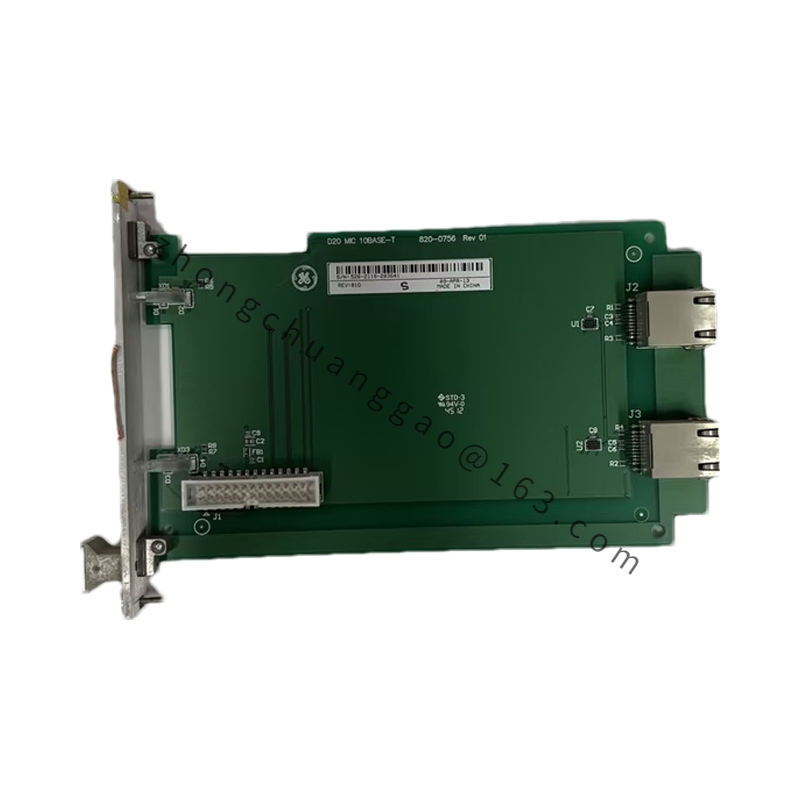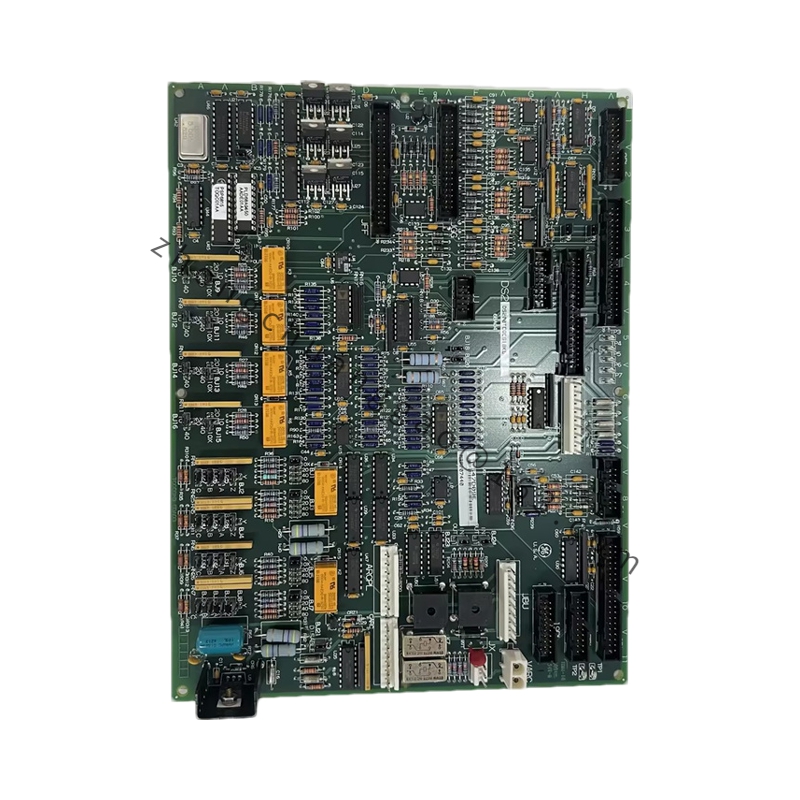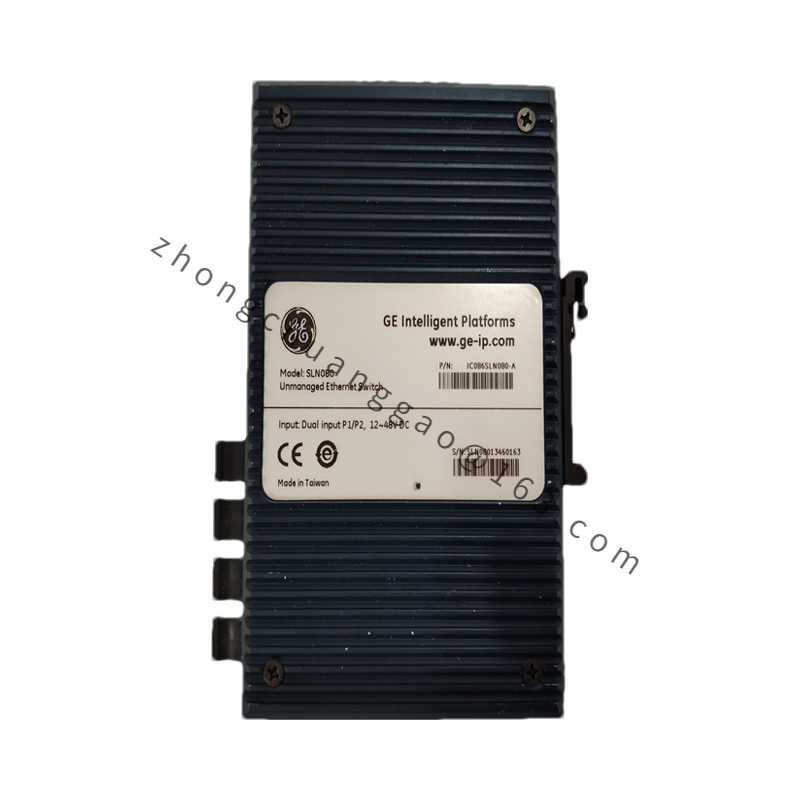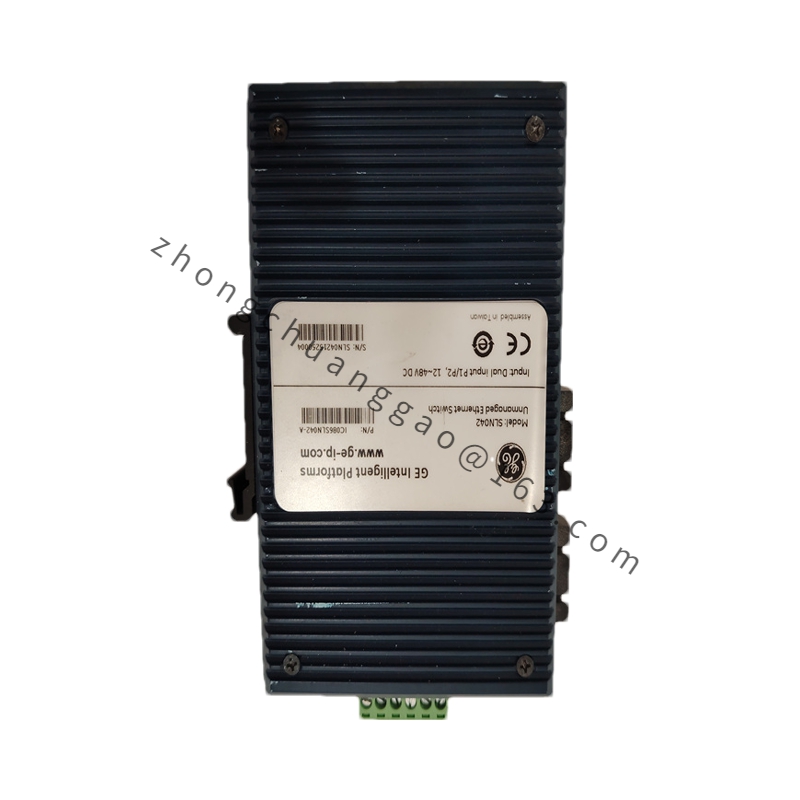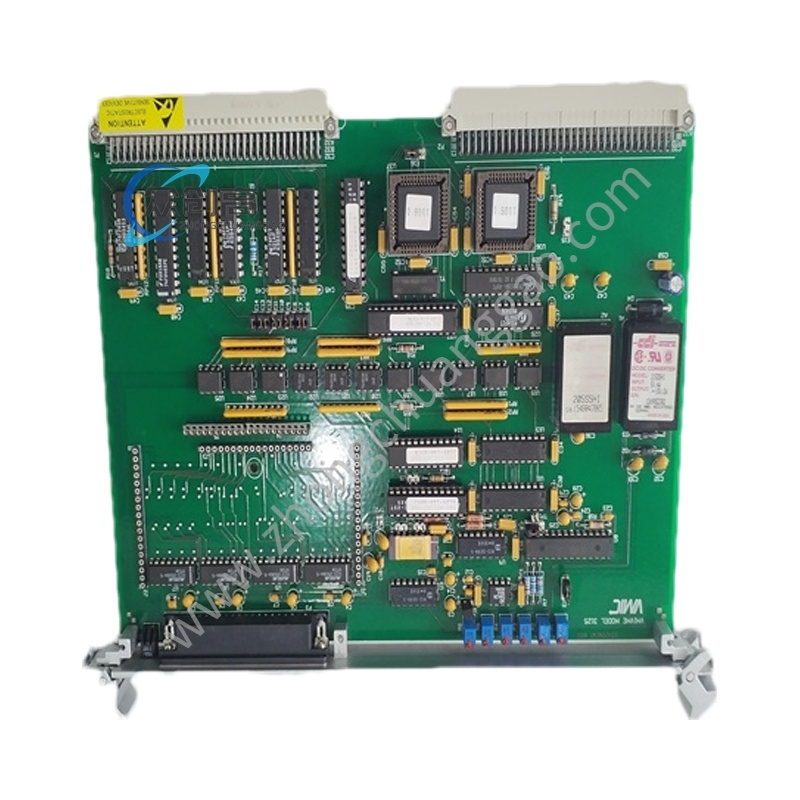GE IC698CPE010
Technical Specifications
Model: IC698CPE010
Manufacturer: General Electric (GE)
Platform: PACSystem RX7i
Type: DCS (Distributed Control System) Central Processing Unit Module
Processor: Equipped with a 300MHz Celeron microprocessor capable of performing floating-point calculations
Detailed content
Memory:
Integrated memory for storing programs, data, and system configurations
User memory: 10MB battery-backed and 10MB non-volatile (flash)
Maximum number of program blocks downloadable: 512 (each block size up to 128KB)
Interfaces:
30 total interfaces for connecting and communicating with other modules or devices
Serial ports: RS-232, RS-485
Ethernet ports: Supports high-speed EGD data exchange and TCP/IP-enabled communication
Additional communication interfaces may be available depending on the configuration
Electrical Specifications:
Voltage: 90V (note: specific voltage ratings may vary based on system requirements and power supply configuration)
Resistance: 32Ω (typical or relevant specification, may not apply directly to the CPU module)
Current: 19A (this is a high-level indicator, actual current draw will depend on the load and system configuration)
Storage capacity: 260MB (for storing programs, data, and other important information)
Functional Characteristics
Powerful Processing Capability: Capable of executing complex control algorithms and logic, meeting the high-performance requirements of industrial automation systems.
Real-Time Control and Response: Provides real-time control and response, suitable for applications requiring high performance and real-time capabilities.
Programmability: Supports standard programming languages such as C, Ladder Diagram (LD), Instruction List (IL), Structured Text (ST), and Function Block Diagram (FBD), allowing users to configure and program the module according to their needs.
Communication Flexibility: Offers multiple communication interfaces, enabling seamless data exchange with other controllers, devices, and systems.
Scalability: May support modular design, allowing users to expand and upgrade the system as needed.
Application Scenarios
Industrial Automation: Used to control production lines, machinery, and processes in various industries such as manufacturing, processing, and packaging.
Process Control: Applied in process industries, including chemical, petrochemical, and pharmaceutical, for monitoring and controlling production processes.
Energy Management: Utilized in the power industry for power system control and monitoring, encompassing generation, transmission, and distribution.
Water Treatment and Environmental Protection: Deployed in water treatment facilities to monitor and control water treatment processes, ensuring water quality standards are met.
Transportation Systems: Employed in traffic signal control and intelligent transportation systems for coordinating and optimizing traffic flow.
Building Automation: Integrated into building management systems for controlling lighting, HVAC, and other building subsystems.

